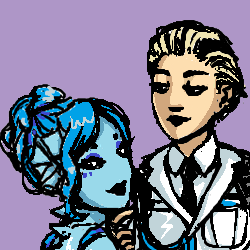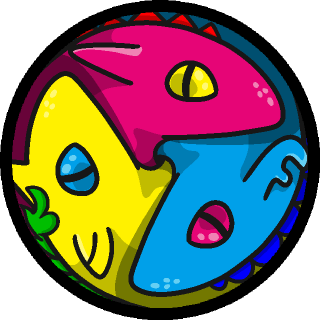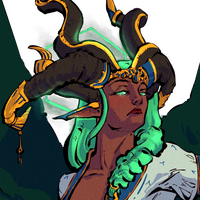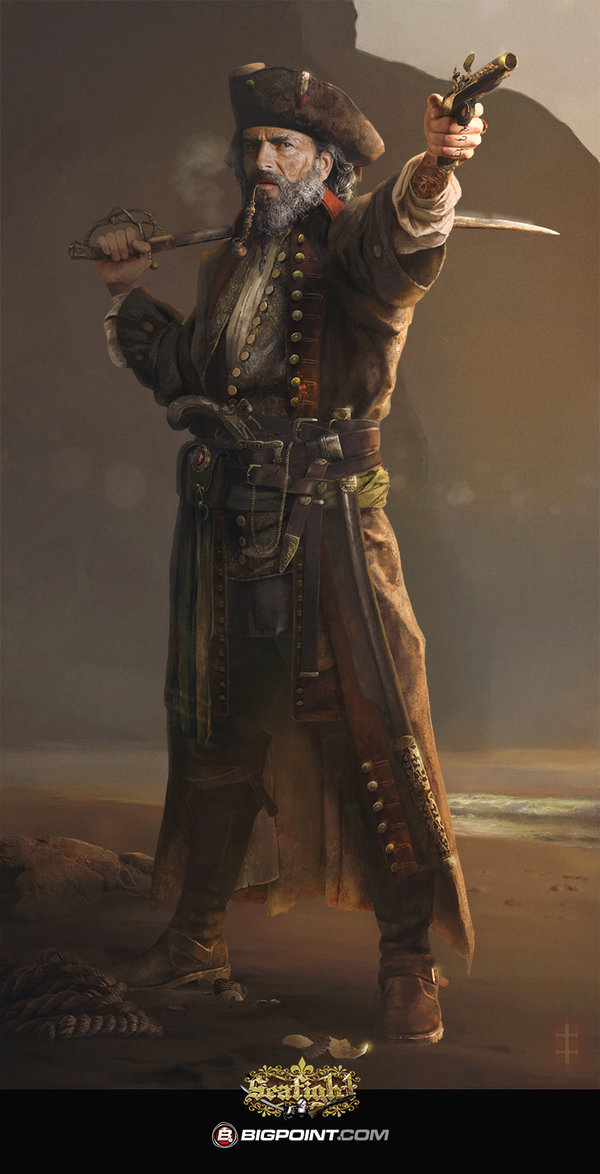Orbitross are extraplanetary avians who glide on solar winds with their mouth wide open, consuming whatever happens to fall in. Their most striking feature is their massive wingspan and long trailing tails. Orbitross have thick mineral plates on their backs and highly cushioned heads. They are most plentiful in the
Asteroid Belt. They have been observed all over space, from deep space as well as in planetary orbit.
Food and Folly
In the asteroid belt they are known as foolkites or foolkies. Orbitross have minimal response to stimuli, so much so that it can be hard to tell the difference between living and dead orbitross. It is recommended to toss any orbitross found stranded on asteroids back out into space, primarily holding the central body and avoiding the wings, as they are softer and cartilaginous.
Orbitross make little to no effort to protect themselves or their young. They have no eyes and are entirely reliant on whiskers to detect impending collisions. Their cushioned heads help them survive head-on collisions, and their thick mineralized plates protect their more vulnerable organs, particularly the digestive system. Younger orbitross have several smaller and thinner plates made of keratin which mineralize and fuse together over time. Many do not live long enough for them to fuse, instead dying to a crash or getting stuck on an asteroid with no way to take off again.
The Orbitross seem to spend their entire lives gliding through space consuming whatever is in the
cosmic snow: dust; minerals;
astroplankton; waste and other orbital trash. It is not known how orbitross procreate. It is believed that they migrate to some remote area in the system to breed. Some extraplanar biologists theorize that the orbitross are not a unique species, but a later life stage of the ophis.
Forbidden Meal
The consumption of orbitross is highly discouraged; they are thoroughly irradiated. While consumption is not immediately lethal, it increases the risk of thyroid cancer, birth defects in future children, and other consequences of radiation poisoning. Even in the Early Spacefaring Age, spacefarers identified the risks of obitross consumption, which they attributed to an angelic curse.













Between the art and your description on the Discord ("i wrote about some real idiot animals and i love them"), I was already primed to love this article. And it did not disappoint! Well done!
Thank you! I'm glad it lived up to expectation. At least, I think it's living...